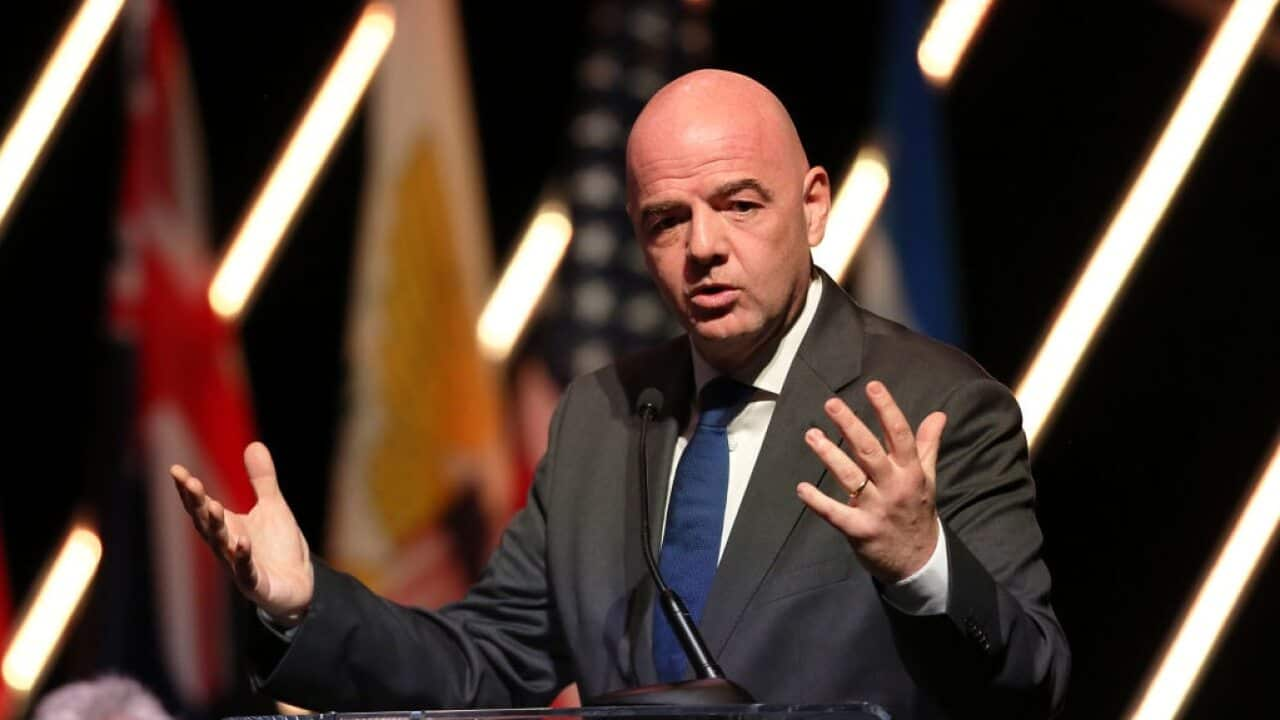After meeting with the emir of Kuwait and football officials, Infantino flew to Doha to see Qatari leaders on Monday about the prospect of overcoming the logistical and political complexities of adding 16 more teams to the hosting, which requires at least one additional Gulf country being used.
FIFA maintains it is working jointly with Qatar on the viability of a 48-team tournament, but the concept is mired in complexities stemming from the boycott of Doha by neighbours.
A FIFA internal report concluded last month that the United Arab Emirates, Bahrain and Saudi Arabia cannot join the hosting unless they restore economic and travel ties with Qatar that were severed two years ago.
FIFA instead turned to Kuwait and Oman, who have remained neutral in the diplomatic dispute, as potential hosts.
But Oman's foreign minister last week said his country does not have time to prepare to host World Cup games, leaving Kuwait as the only current viable option to cope with the November 21 through December 18 tournament swelling to 80 games.
FIFA's feasibility study into expanding the World Cup determined that two stadiums in at least one additional country were required to cope with the demands of extra games.
Kuwait City's Jaber Al-Ahmad International Stadium has 60,000 seats but Sabah Al-Salem Stadium only 26,000 and requires upgrades.
Qatar are still working on a 32-team tournament as they complete eight stadiums over just a 50km radius in the tiny nation with just 2.7 million people, most of them foreign workers.
Infantino said last week that he now believes there is only a 50 per cent chance that the 2022 World Cup will see a fast-tracking of the jump to 48 teams that is already agreed to happen in 2026 when the United States, Canada and Mexico are joint hosts.










